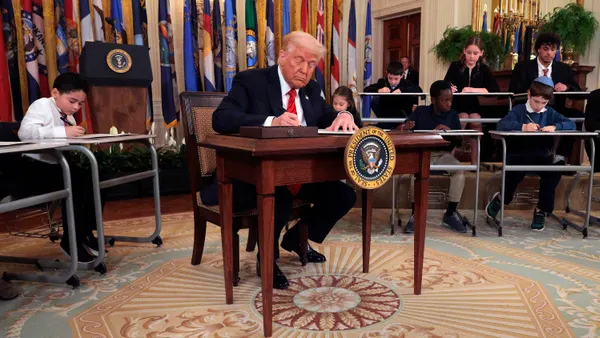Dive Brief:
- After announcing a $2 million settlement and a $50 million judgment against the creator of Lumosity last month, the Federal Trade Commission is continuing to investigate "brain training" programs, products, and software.
- The FTC has also settled with Focus Education, a Texas company that claimed its computer game, "Jungle Rangers," was "scientifically proven" to give students greater focus.
- Despite the scrutiny, the brain training industry continues to grow, from an estimated $48.5 million in annual revenue in 2013 to over $67 million today in North America; worldwide, annual revenue is expected at over $700 million by the end of this year.
Dive Insight:
Though the science has been described as flimsy by some, a 2013 study in the journal "Developmental Psychology" said brain training can improve short-term memory, but those improvements don't last over time. A 2014 consensus by neuroscientists and cognitive psychologists brought together by Stanford University conferred that such brain training products typically exaggerate their results, and were sometimes misleading, further stating that little evidence existed to show the games could help memory.
Districts and schools should proceed with caution. Any investment in faddish, trendy ed-tech products related to brain training needs to be backed up with solid science. Other ways to increase attention and focus for students can be related to mindfulness practices like a daily period of "quiet time" or meditation.











